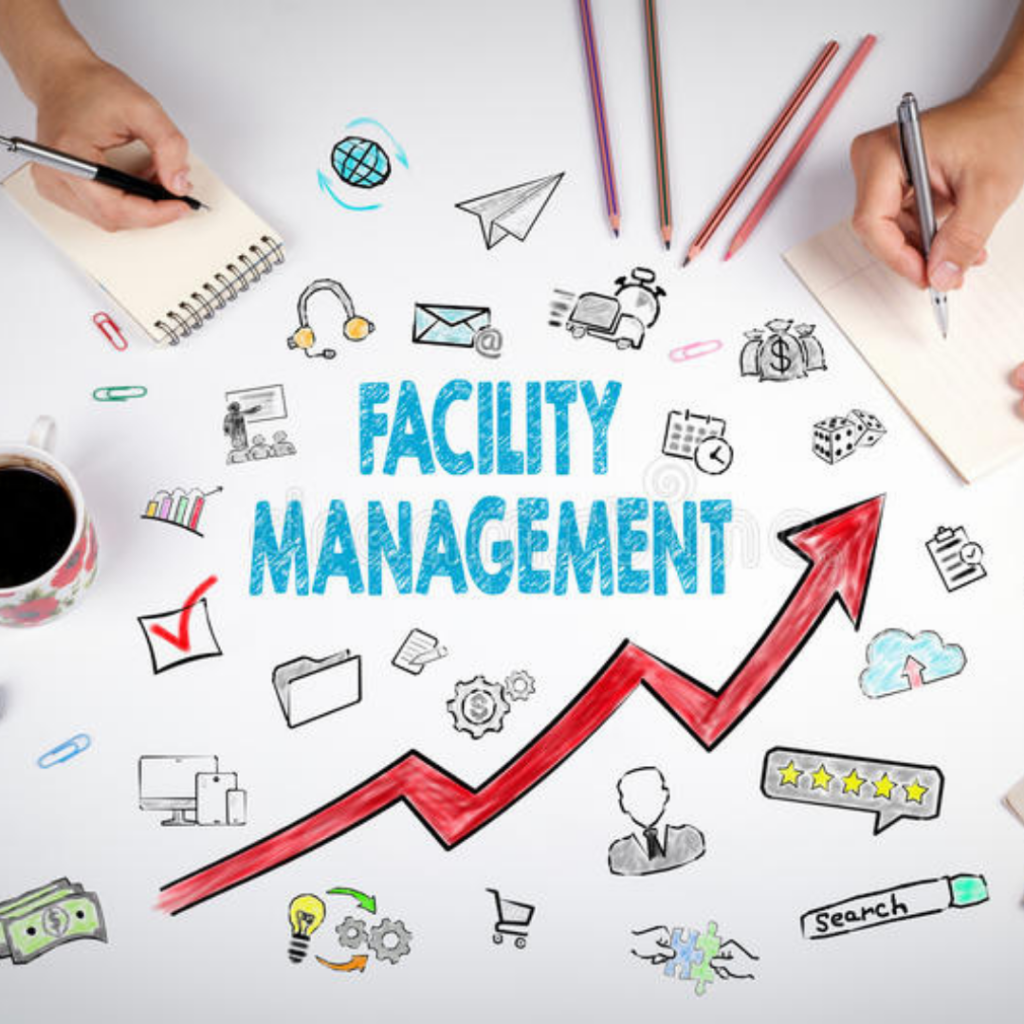What are the responsibilities of facilities management?
Facilities management, contrary to popular belief, is more concerned with procedures and people than with buildings while maintaining structures is an important aspect of FM.
Examining how the concept is defined is a good place to start unpacking it. According to the International Facility Management Association (IFMA), facility management is a multidisciplinary profession that integrates people, location, process, and technology to assure the functionality of the built environment.
The International Organization for Standardization (ISO) offers another useful definition of FM: “the organizational function that integrates people, place, process, and technology within the built environment with the goal of improving people’s quality of life and the productivity of the core business.”

Both definitions refer to the “constructed environment,” which makes sense given that we’re talking about facility management (any man-made structures used for living, working, or playing). However, the ISO definition includes a customer service component, which is a trend we’ll see more of in 2020 and beyond.
Facilities management, according to the ISO’s extended definition, is no longer only a cost of doing business, but rather a strategic service that helps an organization’s core business and generates money.
In today’s industry, facilities management is a broad word that encompasses everything from equipment maintenance to concierge services.
Facilities management, in its most basic form, is the effective coordination of all operations connected to maintaining physical spaces and infrastructures operational, ranging from single buildings to entire cities. complex campuses used for offices, retail, healthcare, education, manufacturing, recreation, government, and a variety of other revenue-generating enterprises are all examples.
Maintaining a facility’s operational status entails ensuring that the environment – from the parking lot to the top floor suites – is secure, well-maintained, and, most importantly, arranged in a way that encourages productivity and the well-being of all users.
To further break it down, facilities management is classified into two types: hard services and soft services.
Hard Services
Hard services are related to physical structures, the parts that can’t easily be removed. They are usually required by law to ensure the health and safety of workers or occupants:
- Building maintenance
- Maintenance of HVAC systems
- Energy and water management
- Elevators and escalators
- Lighting
- Fire safety
- Plumbing and drainage
Soft Services
Soft services are related to keeping the workplace more comfortable and secure. Some services are not absolutely necessary and can be added or removed when needs change:
- Housekeeping and custodial services
- Security
- Parking lots
- Pest control
- Waste disposal
- Recycling
- Furniture and equipment
- Information systems
- Document management
- Mail management
- Space management
- Grounds maintenance and landscaping
Many smaller businesses still manage their facilities in-house, but the number of businesses that outsource to facilities management firms is increasing. Outsourced FM is used by businesses of all sizes to handle functions that go beyond the aforementioned range of hard and soft services.
Companies that outsource to a facilities management company that combines these supplementary services profit in various measurable ways, in addition to freeing up their own people to focus on goals more directly connected with their main business.
- Improved efficiencies: A single point of contact and the elimination of duplicate functions streamline communication and workflow processes.
- Higher productivity: Facilities management includes maintenance strategies to prevent breakdowns that too often bring production to a halt.
- Increased expertise: Outsourced FM employees already have the technical know-how, saving companies from expending unnecessary time and resources on training in-house.
- Reduced costs: In addition to spending less on training, companies save on staffing, employee benefit, payroll expenses, inventory and more.
- Better quality control: with proven systems already in place, FM ensures consistency and reliability.
Facilities management has evolved into a vital component of a company’s success. Facilities management delivers value on a daily basis and in the long run, from maintaining equipment to establishing an atmosphere that promotes the company culture. High-performing companies recognize the importance of emphasizing this part of their operations, and they want facilities management firms to provide solutions that are based on cutting-edge technology trends.
It’s a terrific place to start if you’re not already using an automated system to manage your facilities–work orders, maintenance, assets, and more. We offer easy and flexible solutions to help you transform your organization at MRI NET facilities. If you have any questions, please contact us, or better yet, take a peek at what we can accomplish with our no-cost, no-obligation demonstration.
